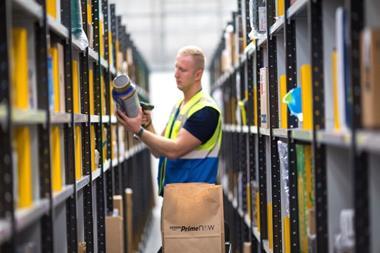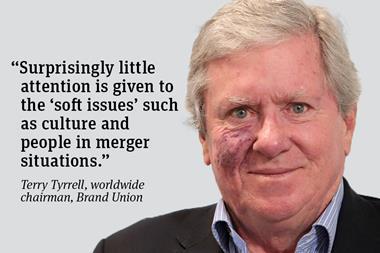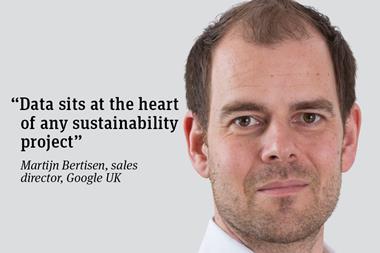
Since this time last year, there has been a step change within my organisation. A deeper concentration on people, values and our employer brand. We now rank 27th in the annual top 100 companies forgraduates to work for - as listed by The Job Crowd. To me, the importance of a sound employer brand cannot be overstated, especially in light of some prominent recent fallouts. The walkout by British Airways’ cabin crew in February of this year was reportedly in protest against a low basic salary. Yet, it is often hard to ascertain, from a cursory glance, what problems lie beneath the surface of any dispute between employer and employee.
While I’m proud of the prestige bestowed upon us by the recentaward, I’m always mindful on how our brand is perceived, how we create it and how it is developed. When looking to fill roles, one of the first things I stress to my hiring managers is the significance of the culture fit. Candidates can sometimes be rebuffed on the basis that while they may hold the credentials, they fail to align with an organisation’s culture - it is vital that organisations consider this factor.
I know of employers that fall foul of hiring candidates despite reservations about how their personality will adjust to their new working environment. Typically, it is not long before things go awry. Similarly, I’ve come across competent, qualified candidates who become angry and confused by what they perceive to be unjust rebuttals. To succeed, a wider re-examination of the approach of employer and candidate is required. Employers with renowned brands share a mutual understanding with their employees about their real, respective needs.
Millennials and now gen Z expect to work for several employers throughout their career, not just one. It has been suggested that the emotional tie between employer and employee has lessened in importance because of this. Employers would do well not to be taken in by this.
A CareerArc study from 2015 revealed that 75% of job seekers deliberate over an employer’s brand before even applying for a role. Trust imbued in your brand is more important than you might think. It is not enough to throw perks as sops at your employees - a free lunch or an early finish is undoubtedly nice, but it doesn’t foster the personal investment necessary for longevity and lasting profit.
Jonathan Fitchew is CEO of Pareto Law



















No comments yet